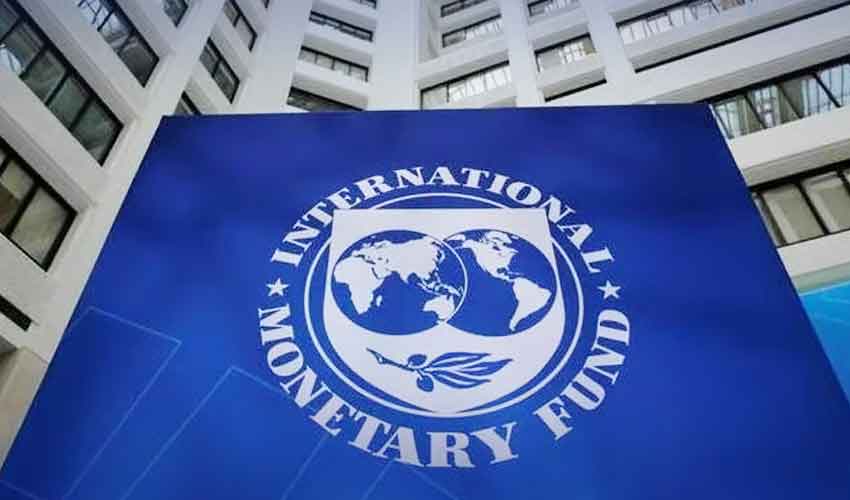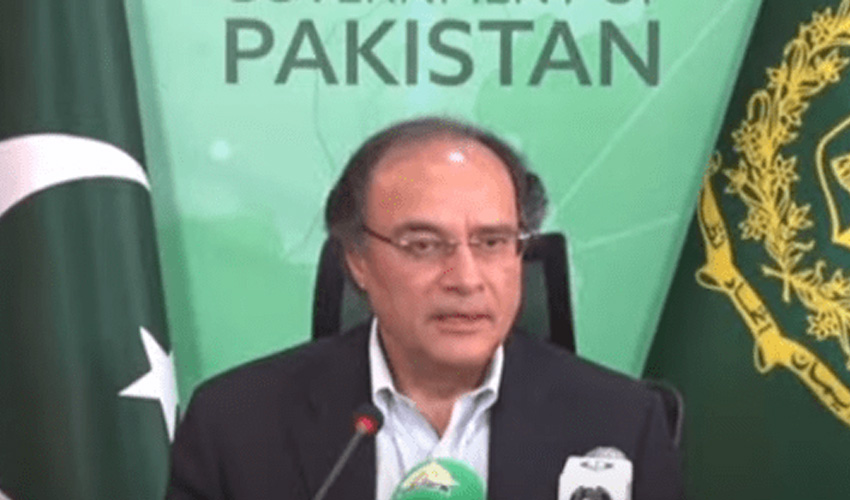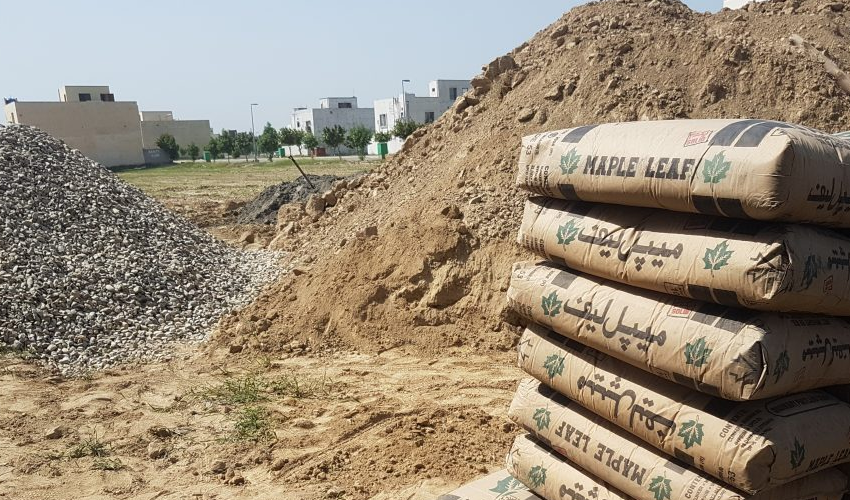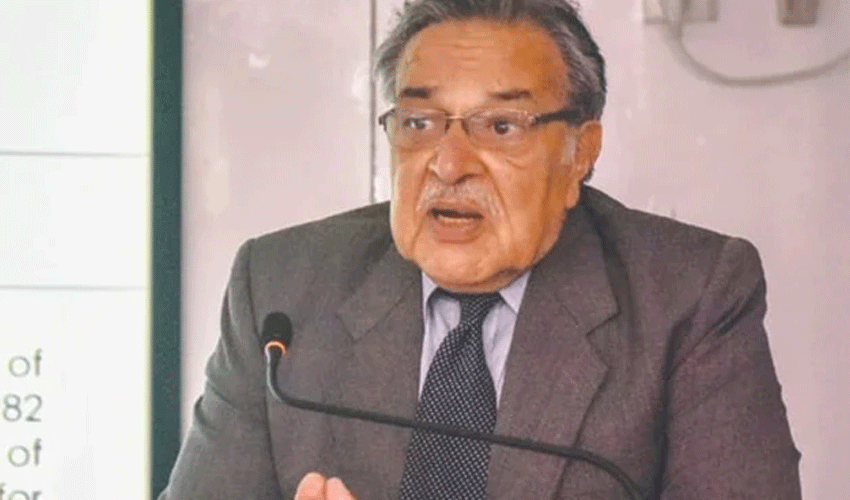The International Monetary Fund (IMF) has identified corruption, bureaucratic red tape, and a weak business environment as the primary challenges hindering Pakistan’s development.
In response, the government has assured the IMF of taking firm steps to address these issues, including greater transparency and accountability in the public sector. The government has also assured the IMF of curbing corruption and abuse of power.
According to a recent report presented to the global lender, the government plans to disclose the assets of senior bureaucrats to combat corruption. Much like politicians, public officials in grades 17 to 22 will now be required to reveal their domestic and foreign assets, including those held by their families.
This change, to be implemented through amendments to the Civil Service Act, is expected to be completed by February 2025. Once these amendments are made, the Federal Board of Revenue (FBR) will digitize the asset declaration system.
The government has also committed to strengthening the National Accountability Bureau (NAB) to ensure more effective oversight and investigation of corruption cases. Public officials will be held accountable and prevented from building illegitimate assets, the IMF has been assured.
Also Read: More taxes, tariff hike: IMF unveils strict conditions for Pakistan's loan
Following the Supreme Court’s decision to grant NAB greater independence, the government has vowed to improve its investigative capabilities and address political accusations that often hinder the conviction of corrupt officials. It has also committed to tackle the lack of convictions on corruption, political accusations and weak investigative capabilities.
The IMF welcomed these commitments, emphasizing that strong governance and robust anti-corruption institutions are critical to Pakistan’s economic reforms and development. However, the Fund also warned that vested interests had great influence in government affairs and could impede or even reverse these reforms.
To further ensure transparency, Pakistan has pledged to publish an actionable anti-corruption plan by July 2025. The country also plans to release a comprehensive report on the implementation of the United Nations Anti-Corruption Convention as part of its broader commitment to global standards.
Also Read: Pakistan faces $110bn external financing need in next five years: IMF
The government has sought the IMF’s assistance in governance and corruption assessments as it pushes forward with its reform agenda.
Meanwhile, the IMF has revealed that Pakistan will need a staggering $110 billion in external financing over the next five years. According to details, this urgent need came on the heels of Pakistan's successful management of $18.81 billion in external financing for the current year.
The IMF's report has outlined that the ability to meet debt repayment obligations hinges on effective policy implementation and timely external funding.
Notably, the assurances had been secured for the rollover of $16.8 billion in loans this year from countries such as China and Saudi Arabia, along with additional funding of $2.5billion from the Asian Development Bank and the Islamic Development Bank.
Looking ahead, Pakistan is expected to roll over $6.6billion in loans owed to international commercial banks over the next three years, with an estimated $14billion likely to come from global financial institutions by 2028.



























